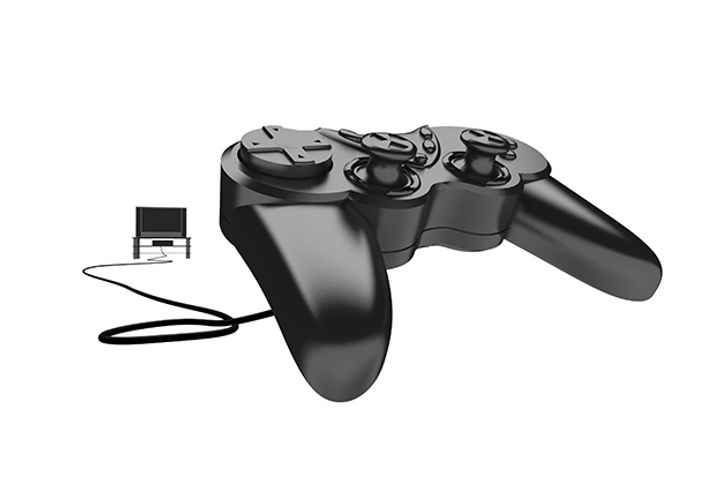 China's Internet Game Companies Vie for Southeast Asia Market
China's Internet Game Companies Vie for Southeast Asia Market(Yicai Global) Aug. 4 -- With two internet giants Tencent Holdings Ltd. [HKG:0700] and NetEase, Inc. [NASDAQ:NTES] accounting for 70 percent of the Chinese gaming market, more and more domestic internet companies realize that Southeast Asia, which shares a similar culture with China, remains an untapped market.
Exploring the overseas markets would be the best positioning for China's internet titan Alibaba Group Holding Ltd. [NYSE:BABA], which is also keen for a slice of the gaming industry.
"Ali Games will roll out our overseas business in September or October and market our products in Southeast Asia, Japan and South Korea," Liu Jianyong, deputy general manager of Ali Games' business unit, told Yicai Global during ChinaJoy 2017 event. "We aim to unveil three to four games including strategy games, massively multi-player online games (MMO games), leisure games and social networking games by the end of this year."
Perfect World Investment & Holding Group, which established a game & media joint venture in Indonesia in 2012, is also offering its products in some Southeast Asian countries, including Vietnam and Malaysia.
Xiao Hong, chief executive of Perfect World Investment, believes that Chinese fantasy and kung-fu-themed games are very popular in Southeast Asia, which is influenced by Chinese culture.
However, Southeast Asian countries have slightly different gaming markets due to differing approaches and sharply different types of popular games due to varying degrees of westernization. "For example, role-playing games are most profitable in Thailand; in Malaysia, strategy games such as Clash of Clans are most lucrative; in Indonesia, European and US games dominate the local gaming market, especially mobile gaming market," Xiao told Yicai Global.
"With the development of mobile internet in Southeast Asian countries, high-end game players are good at English, have strong ability to pay, are very picky about games and prefer MMO games. However, local internet speed is low and payment ability is limited," Liao Mingxiang, president of Linekong Interactive Group Co. [HK:8267], said. "In Southeast Asia, offline channels remain important promotional channels. We hold targeted meetings with players and market our products at commercial districts and schools."
Southeast Asian users share the same payment habits as international mainstream players and mostly pay online or make in-game payments, Xiao told Yicai Global. In terms of choosing third-party payment platforms, players prefer downloading games via Google Play and Apple Store directly and have thus grown accustomed to making payments at these two stores.
"Compared with computer games, mobile games can be rolled out in overseas markets in more diversified ways. Cooperation models are more flexible. Partnerships could involve product development, issuance, operation, investment, acquisitions, channels, media and even intellectual property (IP) products and cross-industry interactions," Xiao said. "This means game companies need to perform well in various aspects when exploring the Southeast Asian market."
Game giant Tencent has already established a presence in Southeast Asia. Gerena, Singapore's largest game publisher, has a market value of nearly USD4 billion and has licenses to several games in Southeast Asia, Hong Kong, Macao and Taiwan. It is backed by Tencent.